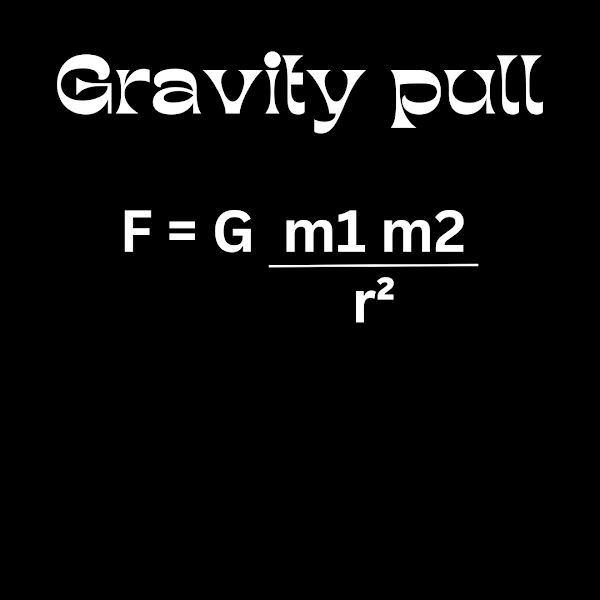If two people are moving in opposite directions at the same speed and they start their watches at the same time, will their watches show the same time or different times?
According to the theory of special relativity, time dilation occurs when an observer is moving at a significant fraction of the speed of light relative to another observer. When two people are moving at high speeds in opposite directions, each observer will perceive the other person's clock to be running slower than their own.
This means that as they continue to move away from each other, the person observing the other will see their clock ticking more slowly. When they eventually reunite, they will find that their watches show different times. The effect is typically only significant when the speed difference between the two observers is a substantial fraction of the speed of light, which is much faster than everyday speeds.
In practical terms, for everyday speeds, the effects of time dilation are extremely small and not noticeable. They become significant only at speeds that approach a significant fraction of the speed of light, which is much faster than any normal human motion.

